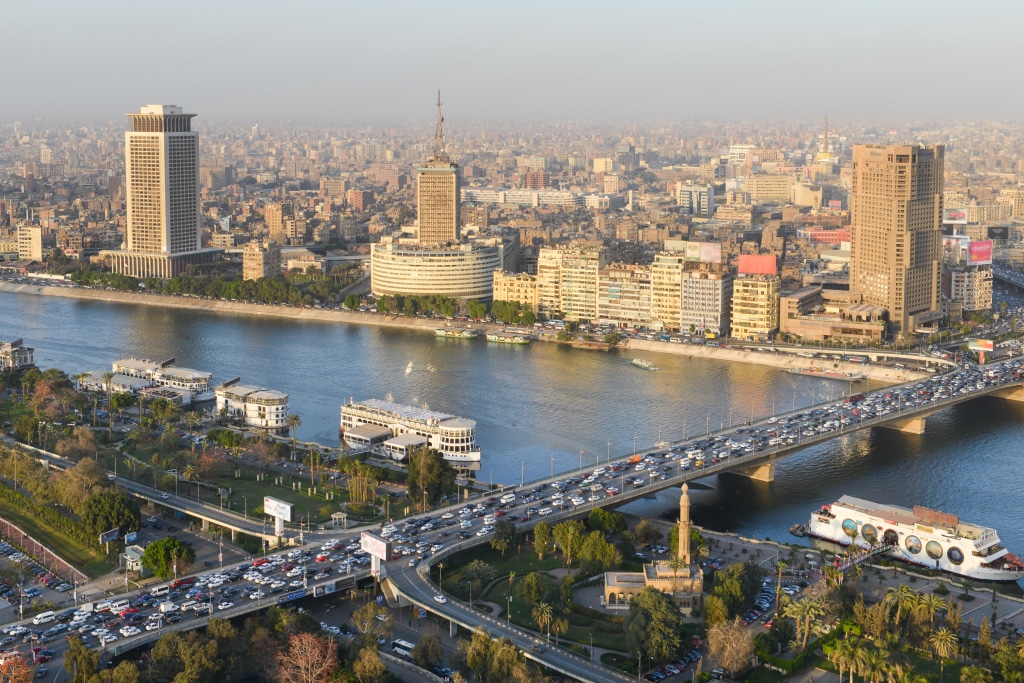The transition to a green economy is underway in Egypt, with the support of the private sector. The Commercial International Bank (CIB) recently launched the first private sector green bond, worth $100 million. The International Finance Corporation (IFC), a subsidiary of the World Bank Group, has confirmed that it will subscribe to the full value of the issue.
For the IFC, this is an important step in a multi-year effort by the Egyptian government and private sector to develop the Egyptian capital market for green finance in the country, and to help fill the infrastructure financing gap.
New loans for green projects
“Egypt is making great strides towards achieving its 2030 development agenda, which is in line with global sustainability goals. In 2020, the Egyptian government launched its first sovereign green bond issue, which was five times oversubscribed. At the Ministry of International Cooperation, we want to build on this success by establishing effective partnerships to foster green recovery,” says Rania A. Al-Mashat, Egypt’s Minister of International Cooperation.
Read also- EGYPT: Government launches green bonds to finance its green projects
CIB will use the funds raised from its loan to increase its lending to companies that want to invest in green initiatives. The bank will support the rapidly developing electric mobility in Egypt, with many initiatives for green public transport. Loans will also be provided to companies for the construction of green buildings, renewable energy and energy efficiency projects, and water and wastewater management.
Support for sustainable housing projects
The IFC, the sole underwriter of the $100 million green bond, promises to support the CIB by helping it develop a pipeline of energy efficiency and green building transactions. Technical assistance will also be provided to green project developers to help them adopt low-cost, environmentally friendly building solutions and participate in the EDGE certification programme. The IFC’s certification scheme aims to make buildings more resource efficient.
EDGE makes it possible for emerging markets like Egypt to develop green buildings quickly, easily and affordably. In the North African country, the certification programme will be supported by funding from the UK-IFC Market Accelerator for Green Construction, which offers incentives to developers who build certified green buildings. CIB’s first green bond is also supported by the Green Bond Technical Assistance Program, a programme managed and administered by the IFC, aimed at creating a market for green bonds in developing countries, with funding from the Swedish International Development Cooperation Agency (Sida).
Jean Marie Takouleu
